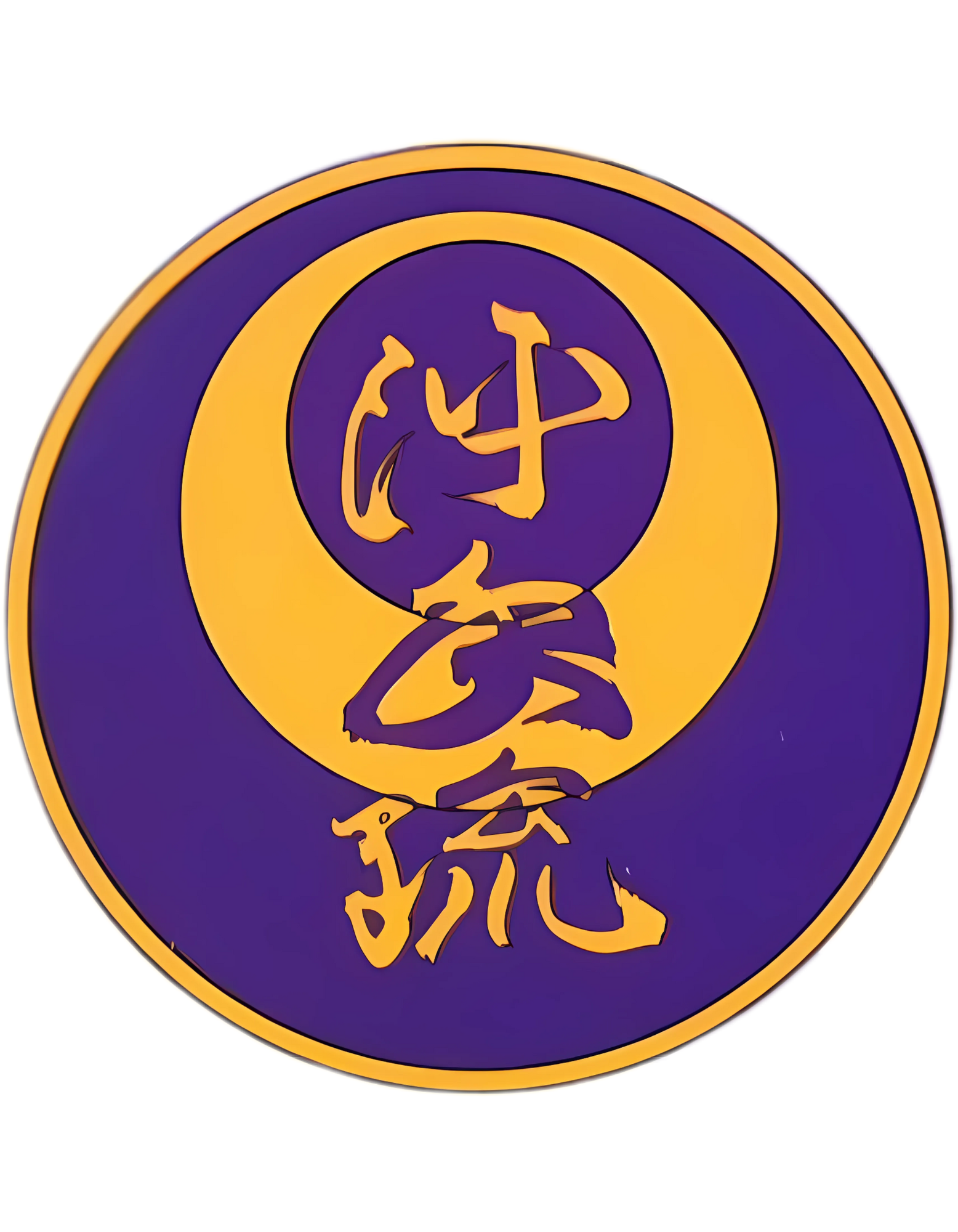Published March 27th, 2025
Understanding Controlled Power in Karate
Karate is often misunderstood as a purely aggressive martial art, but true mastery is about balance, discipline, and control. The essence of karate lies in harnessing power effectively, ensuring that every movement serves a purpose without unnecessary force. This controlled power is what makes karate an art rather than just a method of combat.
- Efficiency Over Brute Force – Karateka (karate practitioners) learn that strength alone is not enough. The right technique, timing, and precision matter more than raw power.
- Discipline Through Training – Through kata (structured forms) and kumite (sparring), students develop the ability to channel energy effectively without overexerting.
- Restraint as a Defensive Strategy – Karate emphasizes using only the necessary force to neutralize a threat, reinforcing the principle that true strength is knowing when not to strike.
The Role of Precision in Karate Techniques
Precision is one of the defining aspects of karate. Every movement, from a basic punch to an advanced kick, must be executed with accuracy to be effective. This precision is what allows smaller individuals to defend themselves against larger opponents.
Targeting Vital Areas – Instead of wasting energy on wild swings, karateka are trained to aim for specific weak points on the body, maximizing impact with minimal effort.
Proper Form Equals Maximum Power – A correctly executed technique generates far more force than a poorly aimed or sloppy strike.
Refining Movements Through Kata – Practicing kata repeatedly helps engrain precision into muscle memory, making movements second nature in real situations.
The Connection Between Power and Self-Control
In karate, power is not just physical, it’s mental. The ability to control one’s emotions, reactions, and responses in high-stress situations is just as important as executing a perfect strike.
Emotional Regulation – Karate teaches students to remain calm under pressure, a skill that applies both in self-defense and in everyday life.
Respect for Opponents – Instead of encouraging reckless aggression, karate instills a deep respect for one’s training partners and potential adversaries.
The Strength of Holding Back – Knowing when to avoid conflict is a sign of true martial skill. Karate practitioners understand that not every confrontation requires physical action.
Training Methods That Develop Precision and Restraint
Karate training is designed to develop controlled power through repetitive practice and disciplined instruction. The techniques and exercises used in traditional dojos build both physical ability and mental restraint.
Slow, Deliberate Movements in Kata – Practicing techniques at a slow pace ensures that every motion is deliberate, improving precision over time.
Controlled Sparring (Kumite) – In structured sparring, students learn to execute strikes with control, ensuring they can stop at a moment’s notice.
Breathing Techniques for Power Management – Proper breathing regulates energy expenditure, allowing karateka to maintain endurance and avoid unnecessary force.
How Karate’s Lessons Apply Beyond the Dojo
The ability to control power and apply precision isn’t just useful in martial arts, it’s a life skill. Karate practitioners often find that the discipline they develop in training benefits them in multiple aspects of life.
Better Decision-Making – The patience and self-control developed in karate translate into better judgment in high-pressure situations.
Increased Confidence Without Aggression – Knowing how to defend oneself reduces fear, allowing for a calm and composed presence in daily interactions.
Improved Focus and Awareness – Karate trains individuals to be mindful of their surroundings, a crucial skill for both personal safety and professional success
Final Thoughts on Karate as an Art of Precision and Restraint
Karate is far more than just a system of self-defense, it is a way of life that teaches discipline, respect, and mastery of both body and mind.
The ability to generate power without recklessness, to strike with precision rather than force, and to restrain oneself when necessary defines true martial skill.
Whether inside the dojo or out in the world, these principles shape strong, disciplined individuals who understand that real strength comes from control, not chaos.
📩 Email takaminekaratedojo@gmail.com or message @takaminekaratedojo on social media to start your journey today!
